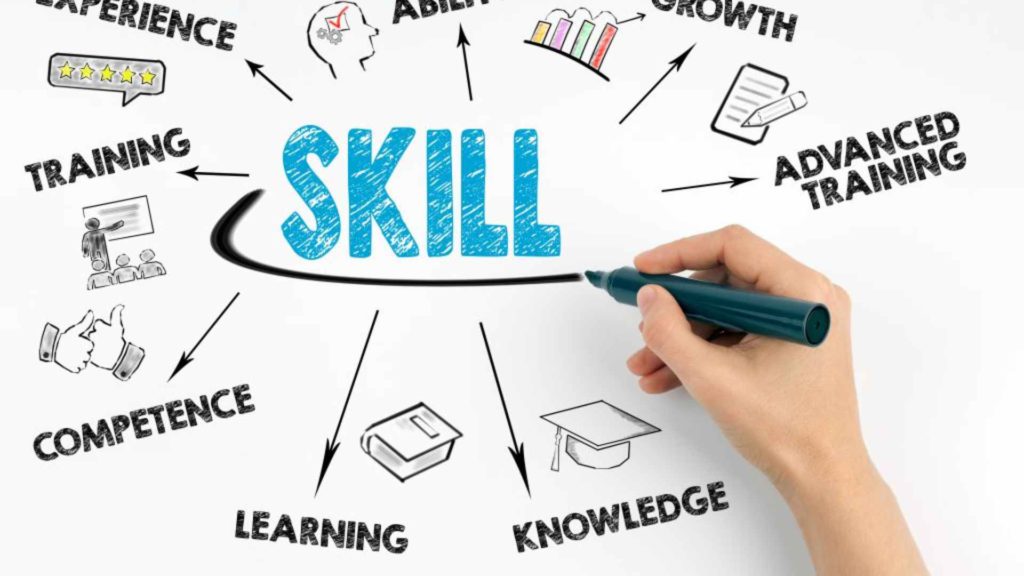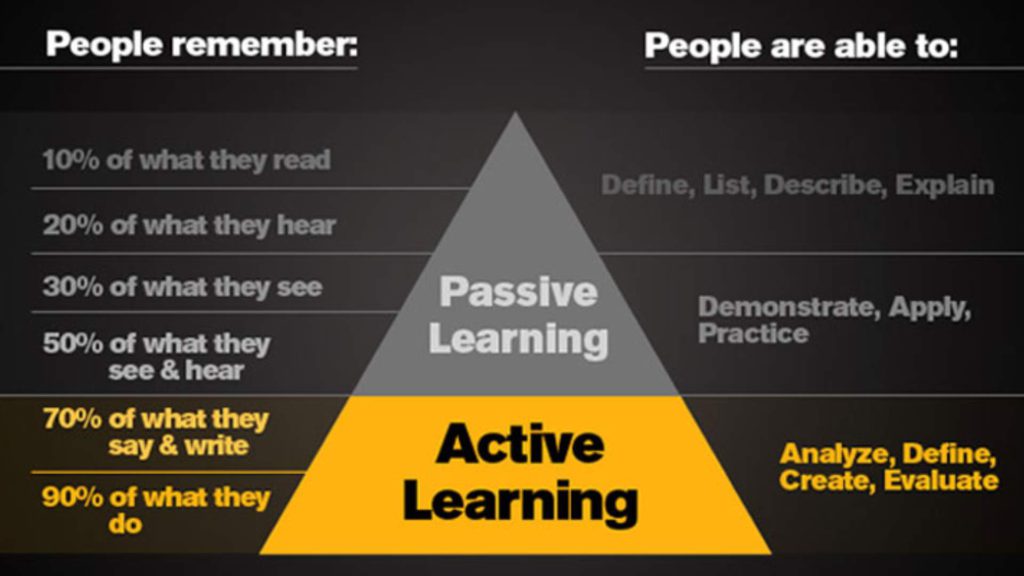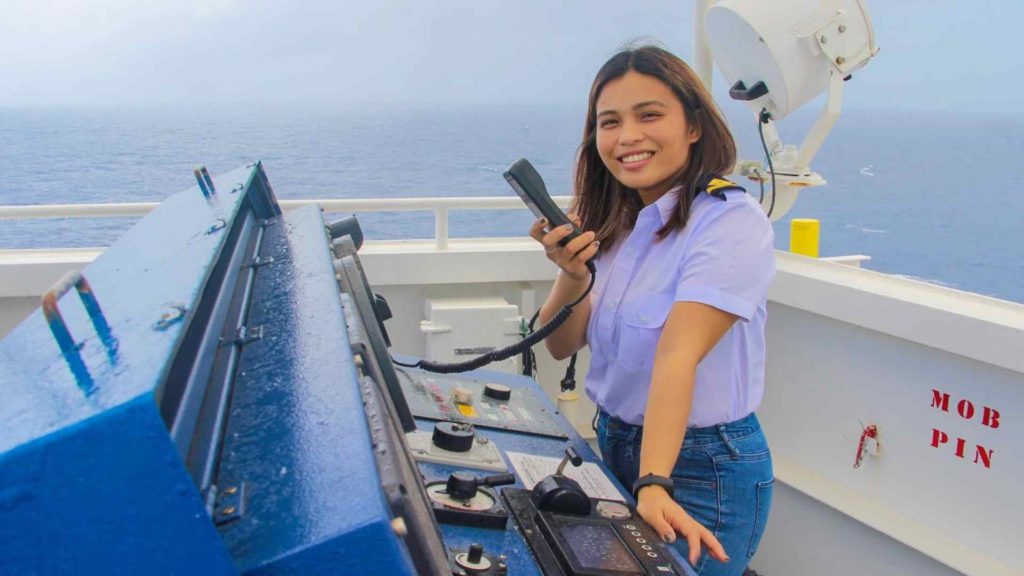Tips to Improve Communication Skills for Merchant Navy.
“Believe you can and you’re halfway there.”
Theodore Roosevelt
1. Overview

It’s great that you’ve recognized the importance of improving your communication skills. Making this decision is, but it’s a crucial step toward personal growth. To begin, it’s essential to start with the basics.
This means focusing on fundamental aspects such as active listening, clear articulation, and effective body language. Remember, developing strong communication skills requires dedication and perseverance.
You must have a desire and determination to succeed. By starting from the ground up and maintaining a strong motivation, you can enhance your communication abilities and unlock countless opportunities for personal and professional success.
2. What are Communication skills?
Communication skills refer to the ability to effectively convey and exchange information, ideas, and thoughts with others.
In the Merchant Navy, communication skills are necessary for several reasons:
- Effective communication is vital for maintaining safety and ensuring smooth operations on board. Clear and concise communication between crew members, officers, and other personnel is crucial for coordinating tasks, responding to emergencies, and navigating through challenging situations.
- Communication skills are essential for building strong working relationships. In the Merchant Navy, crew members come from diverse backgrounds and cultures, making effective communication even more critical.
- Good communication helps bridge language barriers, promotes understanding, and encourages collaboration among crew members, leading to a harmonious and efficient working environment.
- Communication skills are vital for interacting with port authorities, other vessels, and shore-based personnel. Merchant Navy professionals often need to communicate with port authorities for clearance, cargo operations, and other logistical matters. Effective communication ensures that all necessary information is conveyed accurately and promptly, facilitating smooth port operations.
In conclusion, communication skills are necessary in the Merchant Navy to ensure safety, promote teamwork, and facilitate efficient operations. Strong communication skills enable effective information exchange, enhance collaboration, and contribute to the overall success of maritime endeavors.
3. How to Improve Communication Skills
Effective communication is a lifelong skill that can positively impact your personal and professional relationships. Below are the top 5 tips to improve your communication skills:
3.1. Build a Strong Foundation: Mastering Grammar and Basic English for Effective Communication

Starting from the basics, including grammar and foundational English skills, is indeed an essential tip to improve communication skills. By having a strong grasp of grammar, vocabulary, and sentence structure, you can enhance your overall communication abilities. This foundation provides a solid base for effective verbal and written communication.
When you have a good understanding of grammar, you can construct sentences correctly, use appropriate tenses, and convey your thoughts accurately
To improve your grammar and basic English skills, consider the following:
| S.No | To improve your grammar and basic English skills, consider the following | Resource |
| Study Grammar | Wren & Martin | |
| Practice Writing | ||
| Read Widely | Newspaper, Novels and books |
Remember, building a strong foundation in grammar and basic English is crucial for effective communication. By starting from the basics and gradually increasing your knowledge and skills, you can significantly enhance your overall communication abilities.
3.2. Active learning

Active learning is an approach that encourages students to engage actively in the learning process.
It involves hands-on activities, discussions, problem-solving, and critical thinking, allowing learners to actively participate, collaborate, and apply knowledge. This method promotes deeper understanding, retention, and the development of essential skills.
Here are some ways by which you can start active learning:
- Group Discussions
- Role-Playing
- Problem-Based Learning
- Peer Teaching
- Debates and Presentations
Remember, active learning involves creating an environment that encourages participation, critical thinking, and application of knowledge, ultimately fostering a deeper understanding and retention of information.
3.3. Non-Verbal Communication is Important for Connections

Non-verbal communication plays a crucial role in how we convey messages and connect with others. Paying attention to your non-verbal communication skills can greatly enhance your overall communication effectiveness. Here are some key aspects to consider:
- Body Language: Be mindful of your posture, gestures, and facial expressions. Maintain an open and confident stance, use appropriate hand gestures, and display facial expressions that align with your message.
- Eye Contact: Maintain good eye contact with the person or audience you are communicating with. It shows attentiveness, sincerity, and helps establish a connection.
- Tone of Voice: Pay attention to your tone of voice, volume, and pace. Use a clear and confident tone, vary your pitch and volume appropriately, and speak at a pace that is comfortable for your listeners.
- Dress and Appearance: Pay attention to your attire and grooming, ensuring that it aligns with the context and expectations of the situation. Dressing appropriately can contribute to a positive impression.
- Emotional Awareness: Be aware of your own emotions and how they may be reflected in your non-verbal cues. Practice emotional intelligence to manage and express your emotions effectively.
Remember, non-verbal cues can often speak louder than words, so paying attention to them is essential for effective communication.
3.4. Speaking with Confidence: Key Tips for Effective Communication

Speaking with confidence means expressing yourself in a way that shows you believe in what you are saying. It involves being prepared, standing tall, and speaking clearly. When you speak confidently, you use positive body language, maintain eye contact, and avoid fidgeting.
It’s important to speak with a strong and clear voice, making sure your words are understood by others. Even if you make mistakes, it’s okay. Learn from them and keep going. Asking for feedback from others can help you improve.
Confidence comes with practice and having a positive mindset.
3.5. Clear and concise expression
Clear and concise expression is crucial for effective communication. It involves using simple language, organizing thoughts, and avoiding unnecessary jargon. By expressing ideas clearly and concisely, you ensure that your message is easily understood by others.
Prioritize simplicity and brevity, choosing words that convey your thoughts accurately without unnecessary complexity. Take the time to organize your thoughts beforehand, creating a logical flow to your message.
Avoid tangents or excessive details that may confuse or distract your audience. By focusing on clear and concise expression, you can effectively convey your ideas and ensure that your message resonates with others.
4. Conclusion

- In conclusion, this blog has covered various aspects of communication skills, emphasizing the importance of clear and concise expression, active learning, non-verbal communication, and speaking with confidence.
- Effective communication is a vital skill in various contexts, including the Merchant Navy. By focusing on building a strong foundation, actively engaging in the learning process, paying attention to non-verbal cues, and speaking confidently, individuals can enhance their communication abilities and unlock numerous opportunities for personal and professional growth.
- Communication skills require practice, dedication, and a positive mindset. By continuously improving and honing these skills, individuals can become effective communicators and achieve success in their endeavors.
Top Merchant Navy Colleges In India
Please leave a question in the comment section if you have any.
Disclaimer :- The opinions expressed in this article belong solely to the author and may not necessarily reflect those of Merchant Navy Decoded. We cannot guarantee the accuracy of the information provided and disclaim any responsibility for it. Data and visuals used are sourced from publicly available information and may not be authenticated by any regulatory body. Reviews and comments appearing on our blogs represent the opinions of individuals and do not necessarily reflect the views of Merchant Navy Decoded. We are not responsible for any loss or damage resulting from reliance on these reviews or comments.
Reproduction, copying, sharing, or use of the article or images in any form is strictly prohibited without prior permission from both the author and Merchant Navy Decoded.




